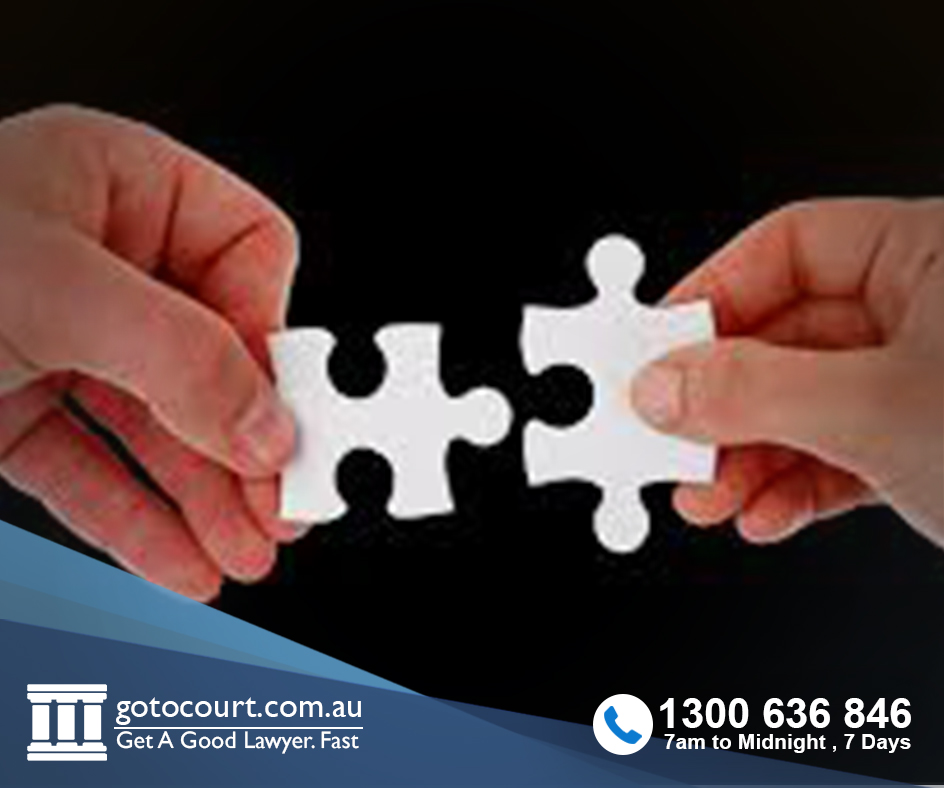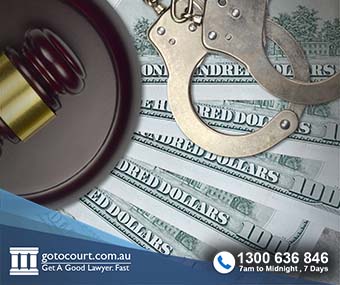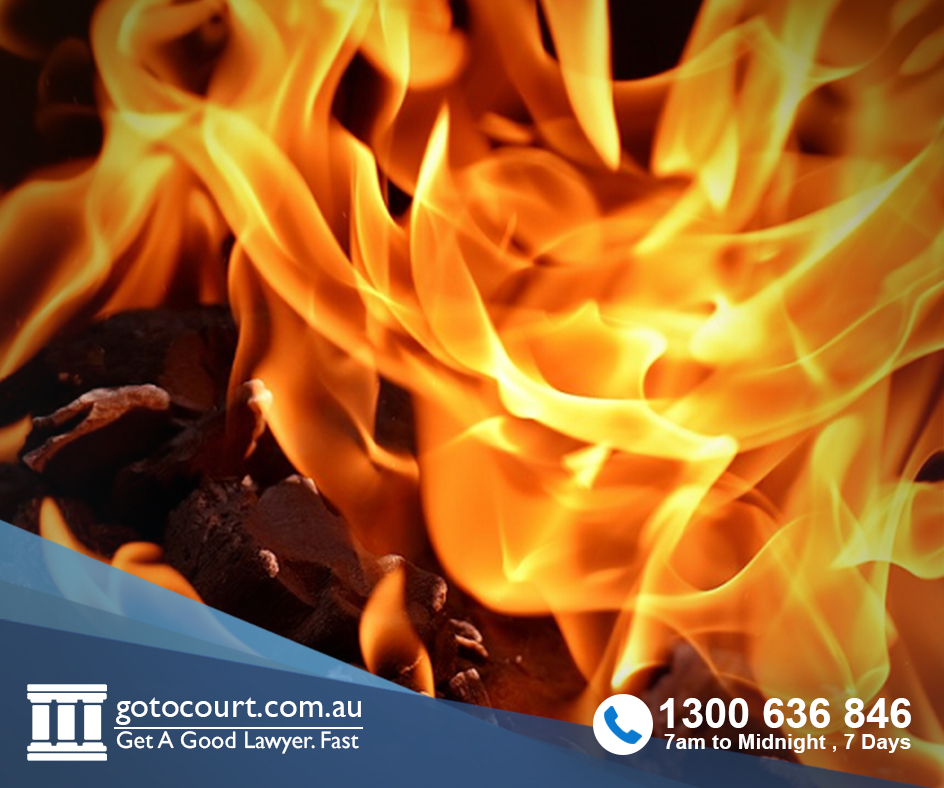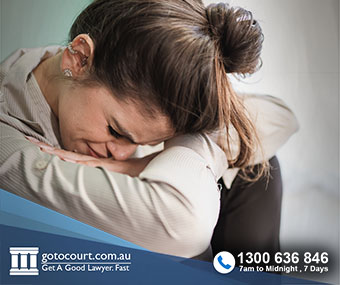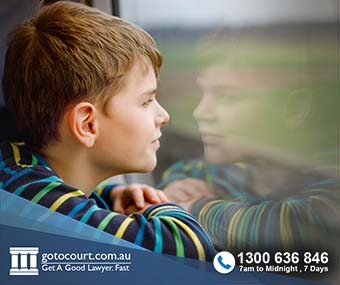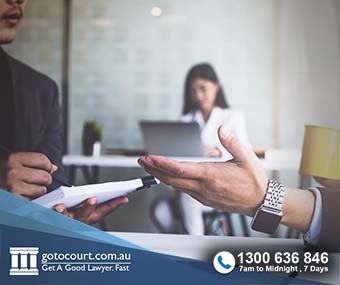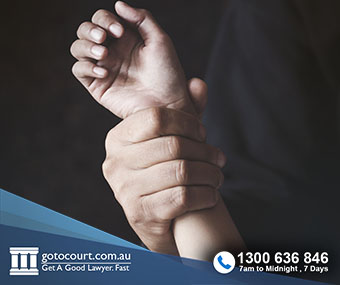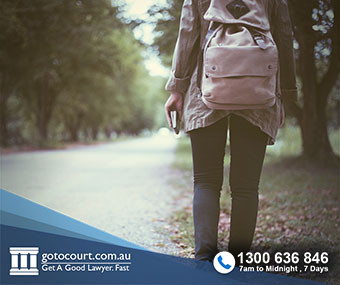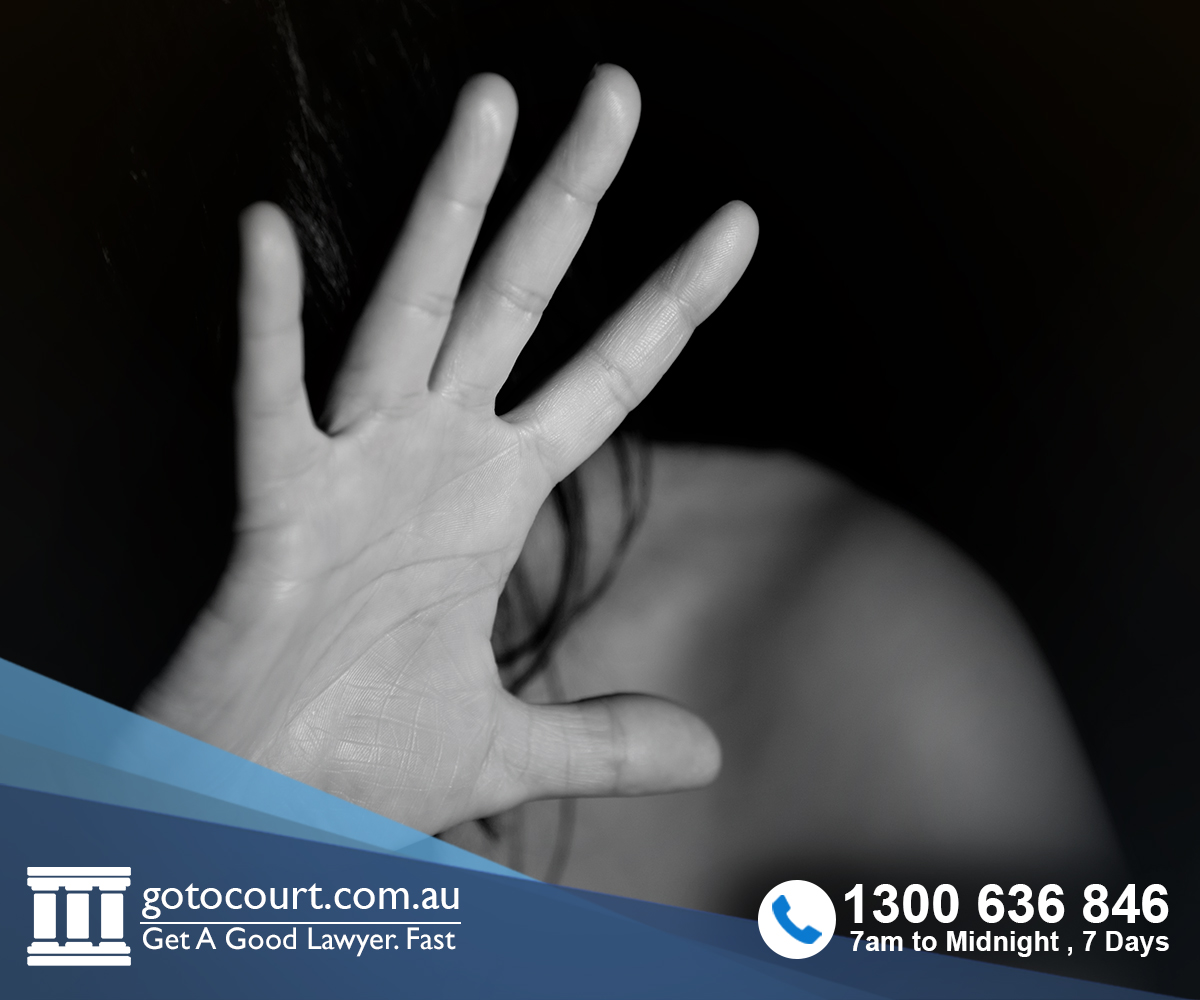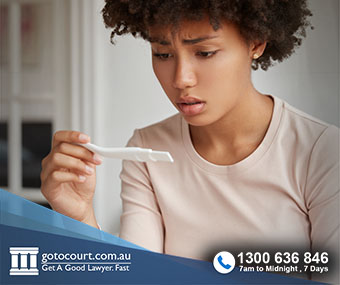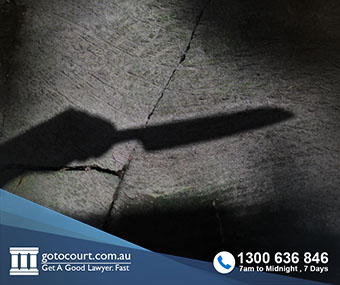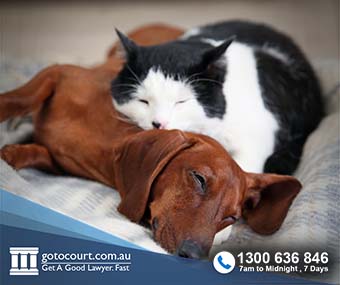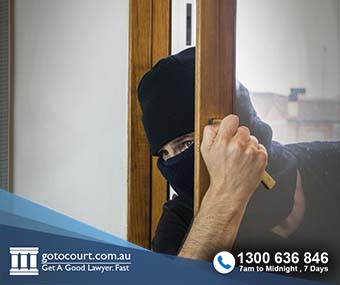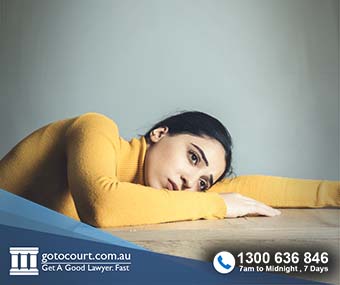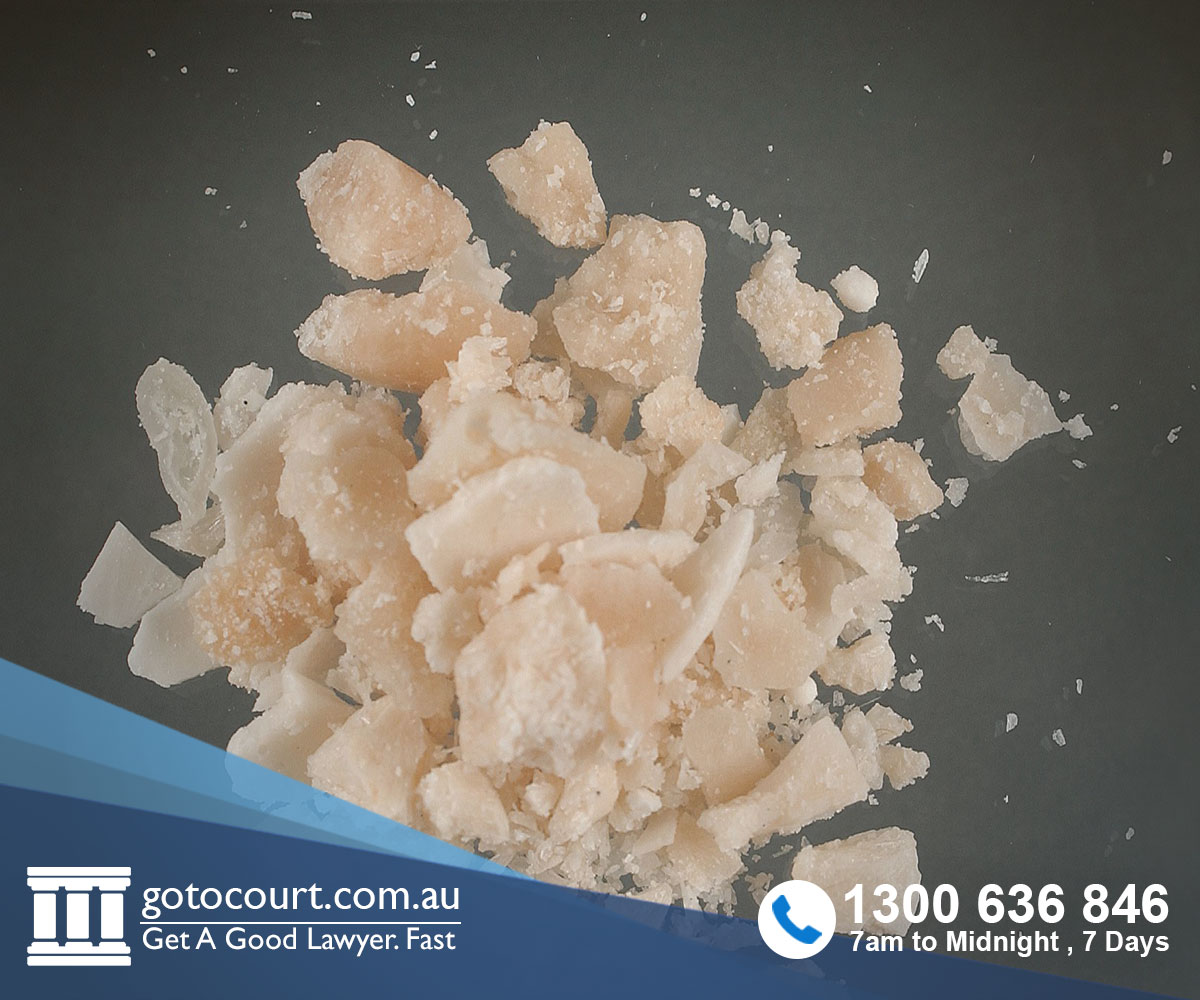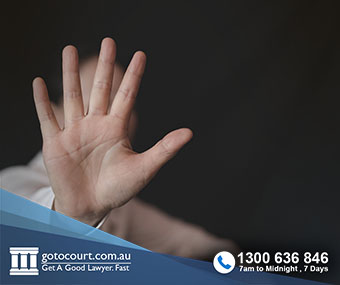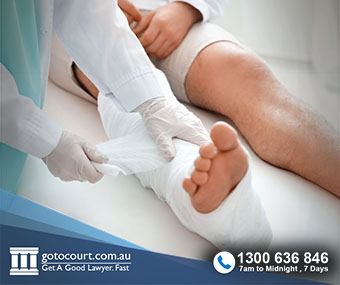Call our lawyers
now
or,
have our lawyers
call you
Perjury (Qld)
Updated on Nov 08, 2022 • 3 min read • 854 views • Copy Link
Perjury (Qld)
Perjury is the deliberate giving of false testimony in a judicial proceeding. In Queensland the offence of perjury is codified in the Criminal Code 1899. If a person is lawfully sworn in as a witness, they can be found guilty of perjury if they knowingly make a false statement that could affect the outcome of the proceeding. This is the case whether the person is an adult or a child. Perjury is a very serious offence as it is capable of undermining the integrity of the judicial system and resulting in miscarriages of justice.
The offence of perjury
Under Section 123 of the Criminal Code 1899, a person who knowingly gives false testimony during a judicial proceeding about a matter that is material to the proceeding commits perjury. Perjury can be committed in oral or written statements and regardless of the form of oath or affirmation the witness took. Perjury can be committed regardless of whether the witness was a competent witness and regardless of whether the statements made were admissible or not.
A judicial proceeding is not limited to court and tribunal hearing but also includes administrative and investigative proceedings such as those performed by the Queensland Crime Commission (QCC).
What must be proven?
For a court to find someone guilty of perjury, the prosecution must prove beyond a reasonable doubt that:
- The accused was lawfully sworn in as a witness;
- That the accused made the statement willfully (as opposed to by mistake);
- That the statement was false;
- That the defendant knew the statement was false;
- That the statement was material to the proceedings, meaning that it was capable of affecting the decision of the court
Contradictory statements
Under Section 123A of the Criminal Code 1899, if a person makes two contradictory statements under oath and the court is unable to determine which of the statements is false, the court can find the accused guilty of perjury.
Punishment of perjury
If perjury is committed in order to procure the conviction of another person for a crime punishable by life imprisonment, then it carries a maximum penalty of imprisonment for life.
In any other case, the maximum penalty for perjury is imprisonment for 14 years (Section 124).
Evidence on charge of perjury
A person cannot be found guilty of perjury on the uncorroborated testimony of one witness (Section 125).
Defences
There are a number of defences available to a charge of perjury.
Honest but mistaken belief
It is an effective defence to perjury if the accused genuinely believes the statement to be true or that they gave the wrong answer because they misunderstood the question. The accused could also run the defence that he or she gave incorrect information because he or she had been provided incorrect information by someone else.
Statement was not false
It is an effective defence to perjury to demonstrate that the statement made by the accused was not false or at least, was true in the literal sense.
Statement was not made under oath
Only a false statement made after a person has been lawfully sworn into a proceeding as a witness can amount to perjury. A statement made when not under oath is not perjury.
Which court will hear the matter?
Perjury is an indictable offence and offences of perjury are heard in the District Court.
If you need legal advice or representation in a criminal law matter or any other legal matter, please contact Go To Court Lawyers.


Affordable Lawyers
Our Go To Court Lawyers will assist you in all areas of law. We specialise in providing legal advice urgently – at the time when you need it most. If you need a lawyer right now, today, we can help you – no matter where you are in Australia.How It Works








1. You speak directly to a lawyer
When you call the Go To Court Legal Hotline, you will be connected directly to a lawyer, every time.


2. Get your legal situation assessed
We determine the best way forward in your legal matter, free of charge. If you want to go ahead and book a face-to-face appointment, we will connect you with a specialist in your local area.


3. We arrange everything as needed
If you want to go ahead and book a fact-to-face appointment, we will connect you with a specialist in your local area no matter where you are and even at very short notice.

